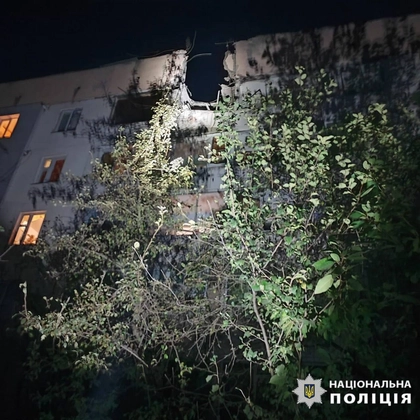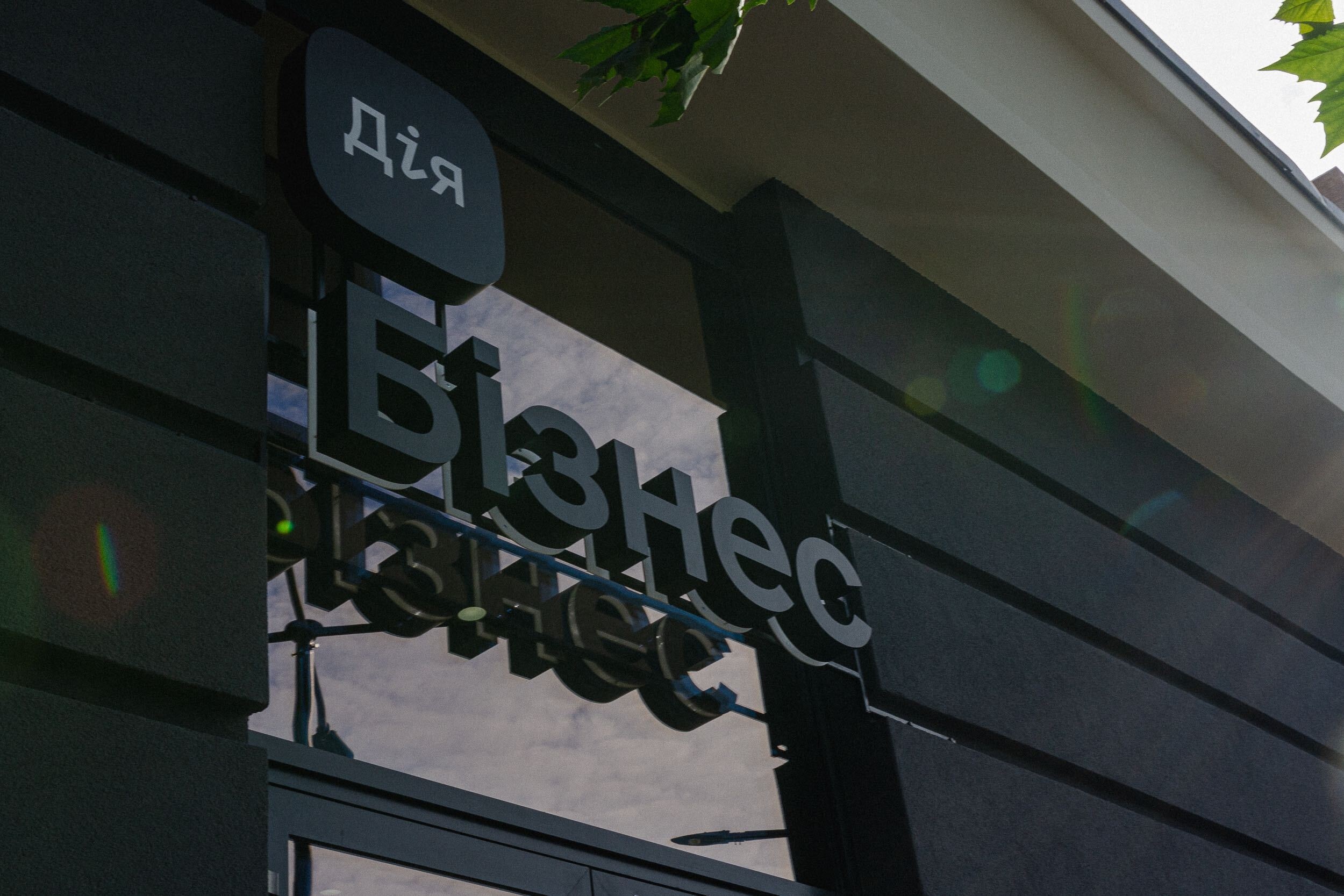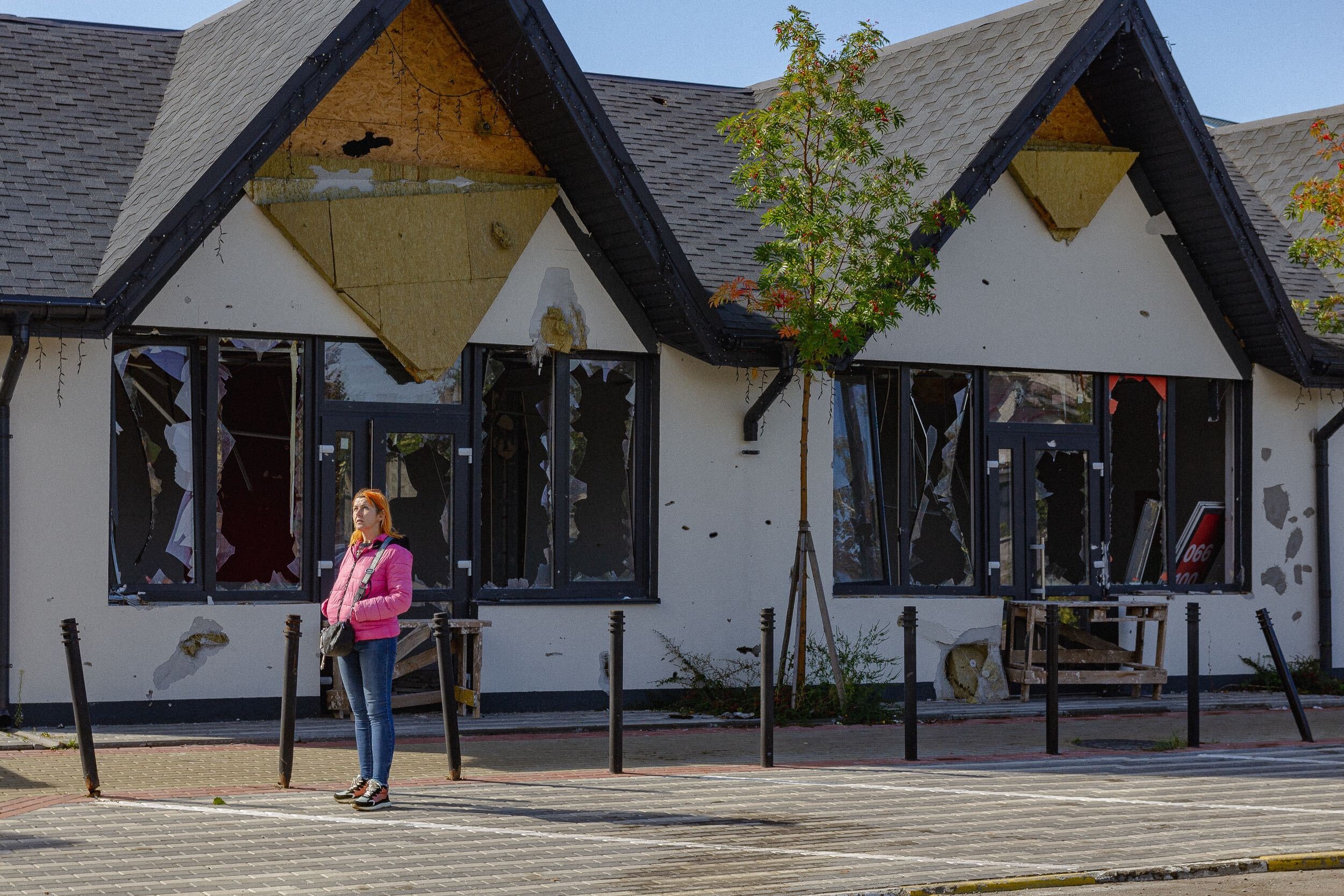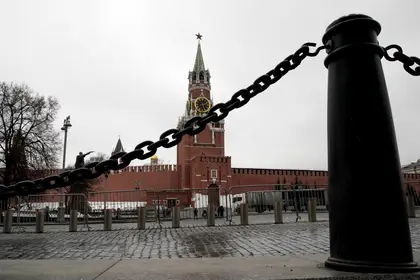The business support center of Diia.Business was restored in Bucha on September 29 by the Ministry of Digital Transformation. The restoration of the center is a powerful signal for the country, international partners, as well as residents and entrepreneurs of Bucha, a small city near Kyiv.
After all, more than 300 enterprises were damaged in Bucha alone. However, over the past two months, there has been a drive to increase financial turnover precisely due to the revival of small and medium-sized businesses.
JOIN US ON TELEGRAM
Follow our coverage of the war on the @Kyivpost_official.
Diia.Business is a large-scale national project initiated by the ministry in February 2020 to develop entrepreneurship and exports. In May 2021, the project was implemented jointly with the Department for Entrepreneurship and Export Development, which supports Ukrainian entrepreneurs in the domestic and foreign markets.
“Entrepreneurs are the foundation and development of our country, as well as protection during the war,” announced Deputy Prime Minister Mikhail Fedorov at the center’s opening. “During the full-scale invasion, we saw that it was business that helped in particular, thanks to the taxes paid by people and the projects they implemented.”
This project consists of an online portal and a network of business support centers designed to inspire Ukrainians to create their own businesses.
Until February 24, the support centers of Diia. Business were places where Ukrainians could get free consultations, attend educational events for entrepreneurs, rent event halls, and test their products.

Kyiv Hit by Massive Drone Attack as Russian Strikes Target Multiple Ukrainian Cities
There were 11 such centers: on the campus of the Taras Shevchenko National University of Kyiv, in Kharkiv, Mykolaiv, Odesa, Poltava, Ternopil, Bucha, Uzhgorod, Cherkasy, Kryvyi Rih, and Kremenchuk. Now all the buildings are working offline, except Kharkiv and Mykolaiv, which only work online because of the constant shelling.
After the invasion, the Centers also became initiators of business recovery and mentors in moving and establishing export activities. Twelve more centers have been opened in Warsaw: In addition to consultations on opening enterprises, they provide assistance to refugees.
“Entrepreneurs have suffered terrible losses, and because of this, financial activity is declining. But the main thing is that we are losing the city’s potential,” said the head of the Kyiv regional State Administration, Alexey Kuleba. “Every person who did not come to their workplace did not open their coffee shop, etc. is a loss of tens and hundreds of hryvnias. Therefore, what the ministry and the whole team have done has a huge impact on the future. We are trying to do everything possible to show that people can count on us.”
“During the first five months of the war, 60-65 thousand applications for establishing enterprises were registered on the Diia portal. And during the center’s opening in May, more than three thousand consultations were held in Warsaw,” said Valeria Ionan, Deputy Minister of Digital Transformation for European Integration.
Budget funds were not used to open these centers as it is an initiative of the ministry and partners. Instead, 70 percent of the center’s services are free for business, and the remaining 30 percent charge fees to cover the rent and salary of the team working in the support centers.
One example of the importance of business support is the critical need to produce uncrewed aerial vehicles (UAVs) for combat. Currently, the production of UAVs is mainly carried out by civilian enterprises, which is why entrepreneurs in this industry need state support – in particular, the allocation of finance for the purchase of equipment and its components, as well as the allocation of premises.
“Firstly, we allowed companies that use drones and work in Mil-Tec to be registered in Diia. City to reduce the tax burden,” Mikhail Fedorov told KyivPost. “Diia.City is one of the best electronic legal systems in the world for business. But we still have many plans in this direction.”
“Secondly, we are working with the General Staff to speed up the process of registering ammunition, to develop various types of uncrewed aerial vehicles, because, without this, further government orders for drones are impossible.”
Drones are significant for the Ukrainian army because Ukraine has new accurate artillery from partner countries, but the military does not have eyes behind enemy lines. The quadcopters purchased by volunteers work only on the first line, but drones can fly 18-30 miles behind enemy lines. This will allow more significant losses to the enemy.
Moreover, buying drones abroad is expensive and requires searching for operators every time. Therefore, creating schools for training the military to control UAVs is also essential. In the end, an experienced operator loses fewer drones.
“We have centers for the production of components, which we help organizationally and through contacts with other manufacturers worldwide. We also help with drone repairs. And, of course, we help train new operators. We pay schools for every trained military. We have already launched ten schools and trained several hundred pilots. And now we are continuing to scale this project to create an army of UAVs,” says Fedorov.
You can also highlight the text and press Ctrl + Enter













